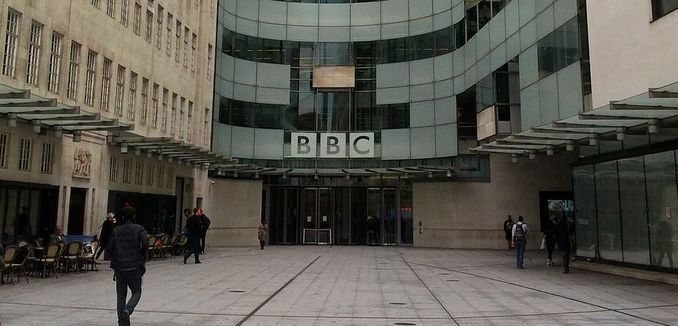The BBC has reported Iran to the United Nations for a “sustained campaign of intimidation and harassment,” after Iranian authorities launched an investigation into more than 150 of its staff for “conspiracy against national security.”
The Daily Telegraph reported Wednesday that the broadcaster, in a complaint to David Kaye, the UN special Rapporteur on the promotion and protection of the right to freedom of expression, accused the Iranian government of a systematic campaign designed to pressure journalists to cease working for the BBC.
In a statement, the broadcaster said Iranian authorities were investigating 152 Persian service staff, former staff, and contributors for working against the state and had imposed an asset freeze on those individuals, preventing them from inheriting and selling assets.
“The Iranian government is conducting what appears to be a politically motivated investigation into 152 BBC Persian staff, former staff and contributors, accusing them of conspiracy against national security in Iran. This is an unprecedented collective punishment of journalists who are simply doing their jobs,” said Tony Hall, director general of the BBC, in a statement.
He continued, “This is not just a campaign against BBC Persian staff but against fundamental human rights, and the BBC calls on the government of Iran to end this legal action immediately.”
The broadcaster further noted that former and serving staff had been subject to intimidation tactics by Iranian state agencies, such as unlawful detention and interrogation of relatives and friends, including children. They also falsified allegations of sexual misconduct.
The BBC Persian service is banned in Iran and broadcasts from London. It reaches a Persian-speaking audience of some 12 million people around the world. Like other branches of the BBC World Service, it is funded by the Foreign and Commonwealth Office.
“We regularly raise our human rights concerns with the Iranian government, and will continue to take action to pressure Iran to make improvements on human rights and freedom of expression, including at the UN,” a Foreign Office spokesman said.
[Photo: Erru73 / WikiCommons]




